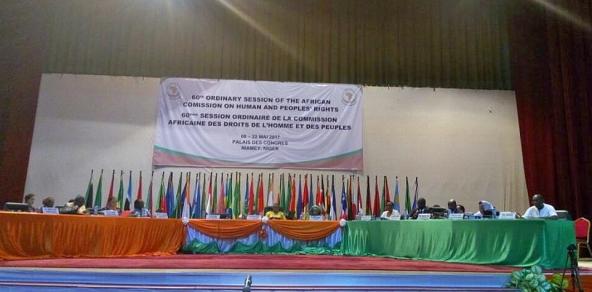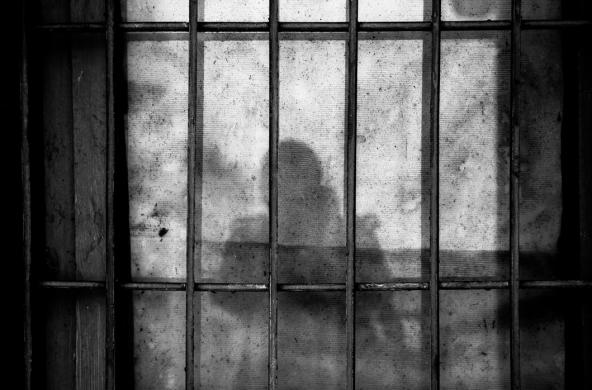
A major abolitionist gathering for the 60th ordinary session of the African Commission on Human and People’s Rights in Niger
Africa
International standards
A synergy of national and international actors in Niger
The Steering Committee of the World Coalition Against the Death Penalty met on 6th and 7th May in Niamey, Niger. This two-days meeting began with an opening ceremony covered by Nigerien medias.
This event was the occasion for Almoustapha Moussa, Secretary general of SYNAFEN and host of the Steering Committee to welcome the members. The President of the World Coalition, Elizabeth Zitrin, took this opportunity to recall “the importance of the work the World Coalition has achieved thanks to its members and partners”. The opening ceremony was also attended by Franck Hasser, Counsellor for the Cooperation and Cultural Affairs of the French embassy.
The National Commission of Human Rights of Niger was represented by the Secretary General, Amadou Alichina. He delivered a strong message on the abolition of the death penalty. Adressing the question of terrorism, Amadou Alichina emphasized on the “context where the issue of the death penalty plays a key role in the public debate”. He also raised the incoherence of some articles of the Nigerien penal code and expressed his concern regarding the resumption of the executions.
The World Coalition had the opportunity to meet key actors of the fight against the death penalty in Niger, and among them the President of the National Commission of Human Rights of Niger, but also the Parliamentary Network for Human Rights. The synergy of this national and international actors strengthened the visibility of the Nigerien abolitionist actors as well as the World Coalition visibility in sub-Saharan Africa.
The African continent’s walk toward the abolition of the death penalty
The 9th of May, during the 60th ordinary session of the ACHPR, the Working Group on the death penalty and extrajudicial execution organized a panel on the death penalty.
In its intervention, the Nigerien Ministry of Justice, Marou Amadou, declared that the abolition of the death penalty was “necessary, in conformity with modern constitutions and must be adopted” but also notified that the debate was going to be difficult in Niger. The vice president of the National Commission on Human Rights listed the obstacles that the abolitionist actors were going to faced, but affirmed the willingness for the NCHR to become a bridge between the civil society and the government to this end.
The World Coalition, represented by its members FIACAT and FIDH, was invited to take the floor during this panel. The World Coalition highlighted the levers to achieve the abolition of the capital punishment in Africa and urged African Union member States to support the Protocol to the African Charter on the abolition of the death penalty.
At the end of the panel, Malawi and Uganda’s delegates took the floor to share their government initiatives in favor of the abolition of the death penalty. Egypt’s delegate raised the issue of sovereignty, echoing the amendment to the UN moratorium resolution in December 2016.
Mauritania called to order regarding human rights
During this 60th session of the ACHPR, Mauritania presented its periodic report.
The Commissioner Sylvie Kayitesi, President of the Working Group on the death penalty of the ACHPR raised several concerns regarding the death penalty in Mauritania. Even though Mauritania is abolitionist de facto since 1987, sentences to death are still being carried out, especially for crimes as adultery, apostasy or homosexuality which is a violation of the international law.
The World Coalition against the Death Penalty granted with observer status
It is also during the Niamey session that the World Coalition Against the Death Penalty was granted with observer status to the ACHPR. This status offers the possibility for the NGO’s to work directly with the African Commission on Human Rights, keeping it informed of the Human rights situation in their interventions areas and countries.
The observer status will also give the World Coalition the possibility to receive support from the ACHPR for the promotion of its death penalty related activities in sub-Saharan Africa, as provided for by article 26 of the African Charter on Human and People’s Rights.
Categories
Niger






